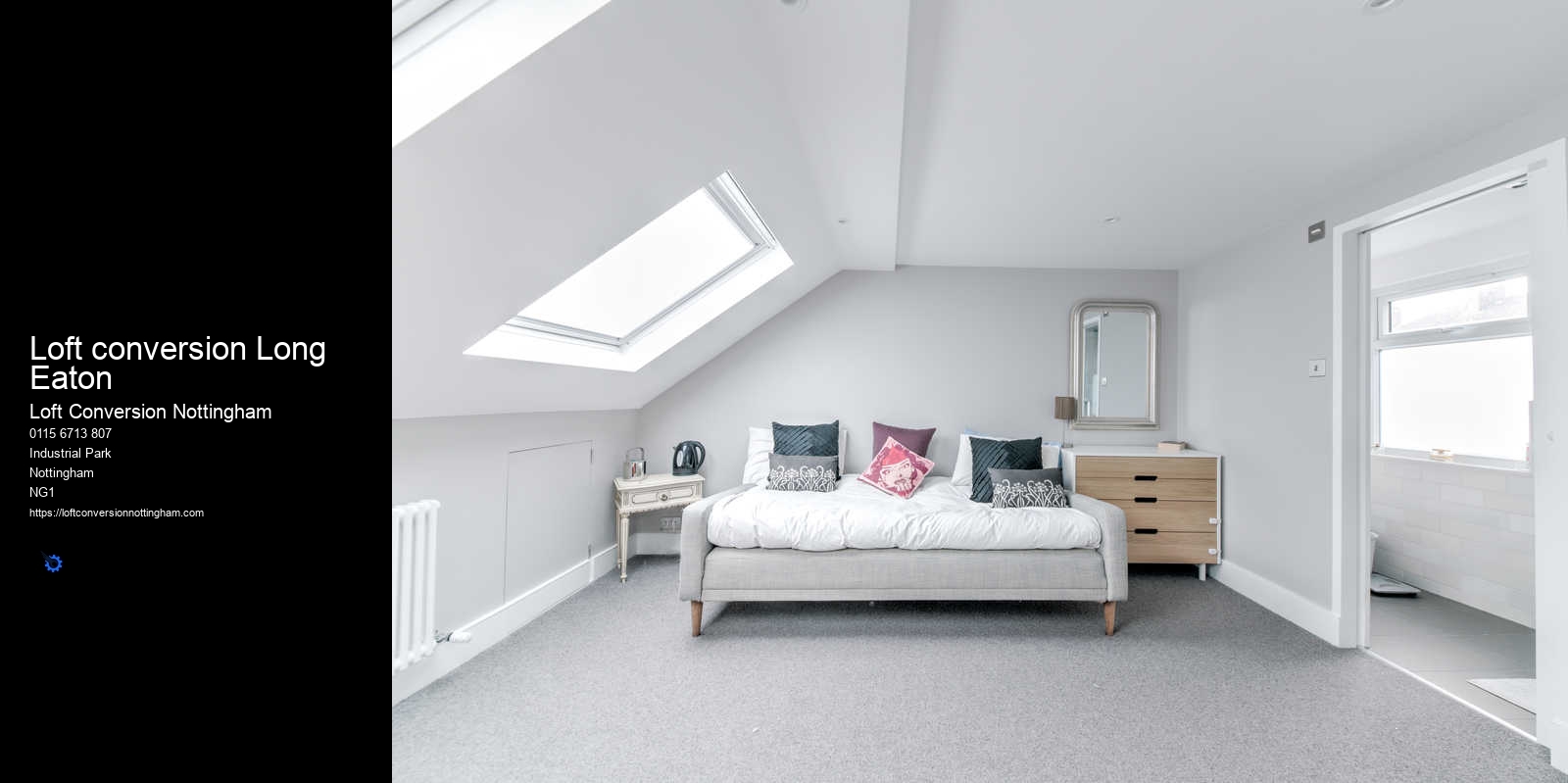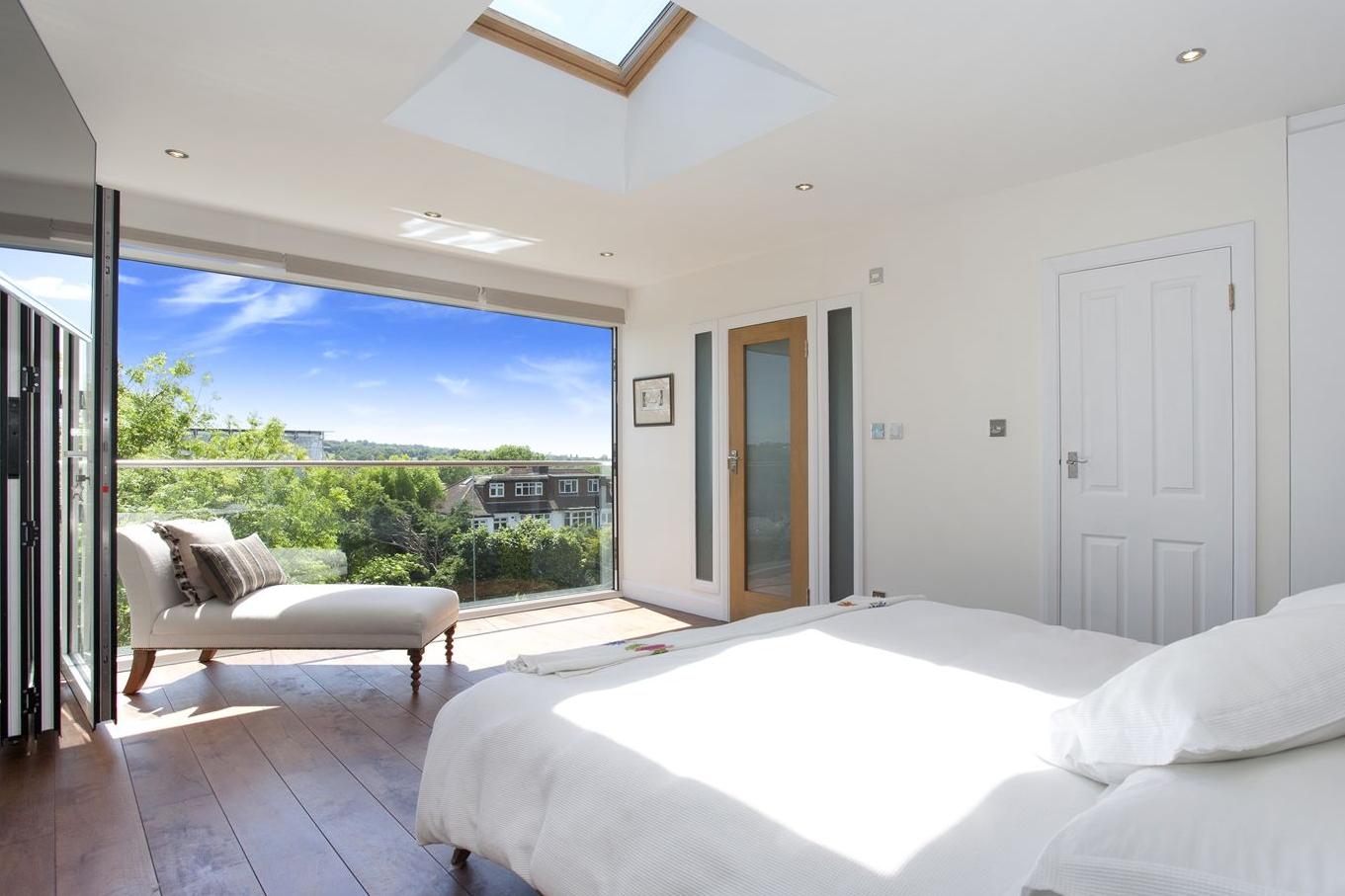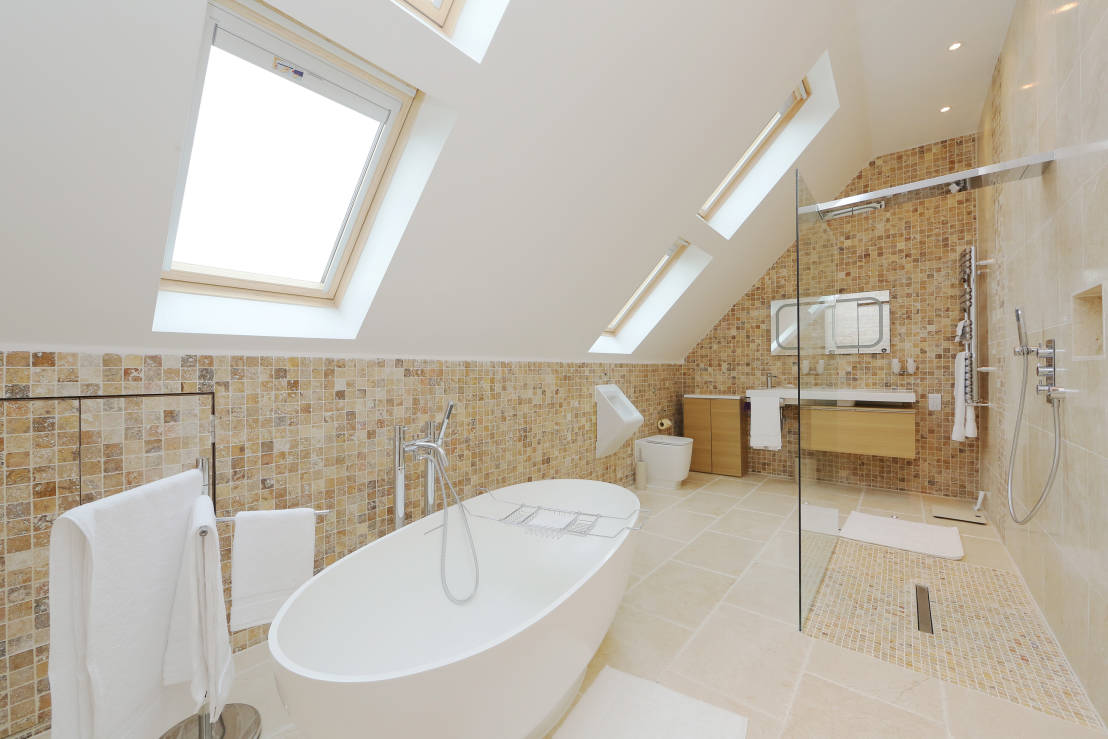Loft Conversion Cost Nottingham
When considering whether to convert your loft, it’s important to weigh up the costs and benefits. A loft conversion can add considerable value to your home, and also provide much-needed extra living space. However, it’s important to make sure that the cost of the project is worth it in the long run – if the cost of the conversion is more than the value it adds to your home, then it’s probably not worth doing.
The shape of the loft is also important. If the loft is too narrow or has too steep of an angle, then it could be difficult or impossible to make the necessary alterations to convert the space. It’s important to factor in the existing beams and joists as well, as these could limit the potential size and shape of the space.
Finally, it is important to factor in the cost of any permits or permissions that might be needed. It is important to ensure that all building regulations are met, so it is important to check with local authorities to ensure that all of the required paperwork is in place.
The first type of loft conversion is the rooflight conversion. This is the most common type of loft conversion, and involves removing the existing roof and replacing it with a new one. This is usually done with large steel beams and trusses, making it a relatively cost-effective option. The advantage of this type of conversion is that it is quick and easy to complete, and there is minimal disruption to the existing structure of your home. The disadvantage is that it is not as flexible as other types of conversions and can be more expensive.
Finally, if you’re not looking to make any major structural changes to your house, you may want to consider a Velux loft conversion. This type of conversion involves adding Velux windows to the roof of your house to create extra living space. Velux conversions are cost-effective and can provide plenty of extra living space without requiring any major structural changes.
The cost of converting a loft to a dormer will vary depending on the size and complexity of the project. Generally, the cost of a loft conversion to a dormer will range from around £10,000 to £30,000. This includes the cost of the materials, labour, and any other associated costs. The cost can be even higher if the project involves more complex construction work, such as structural changes.
The final step is to furnish and decorate the loft. This can take anywhere from a few days to several weeks, depending on the design choices you make. If you choose to hire a professional interior designer, this process can take even longer.
In conclusion, converting your loft in Nottingham can add significant value to your property. There are several different types of conversions to choose from, each with their own pros and cons. It is important to ensure that the conversion is done properly by a professional contractor, as this will help to ensure that the value of your property is maximised.


